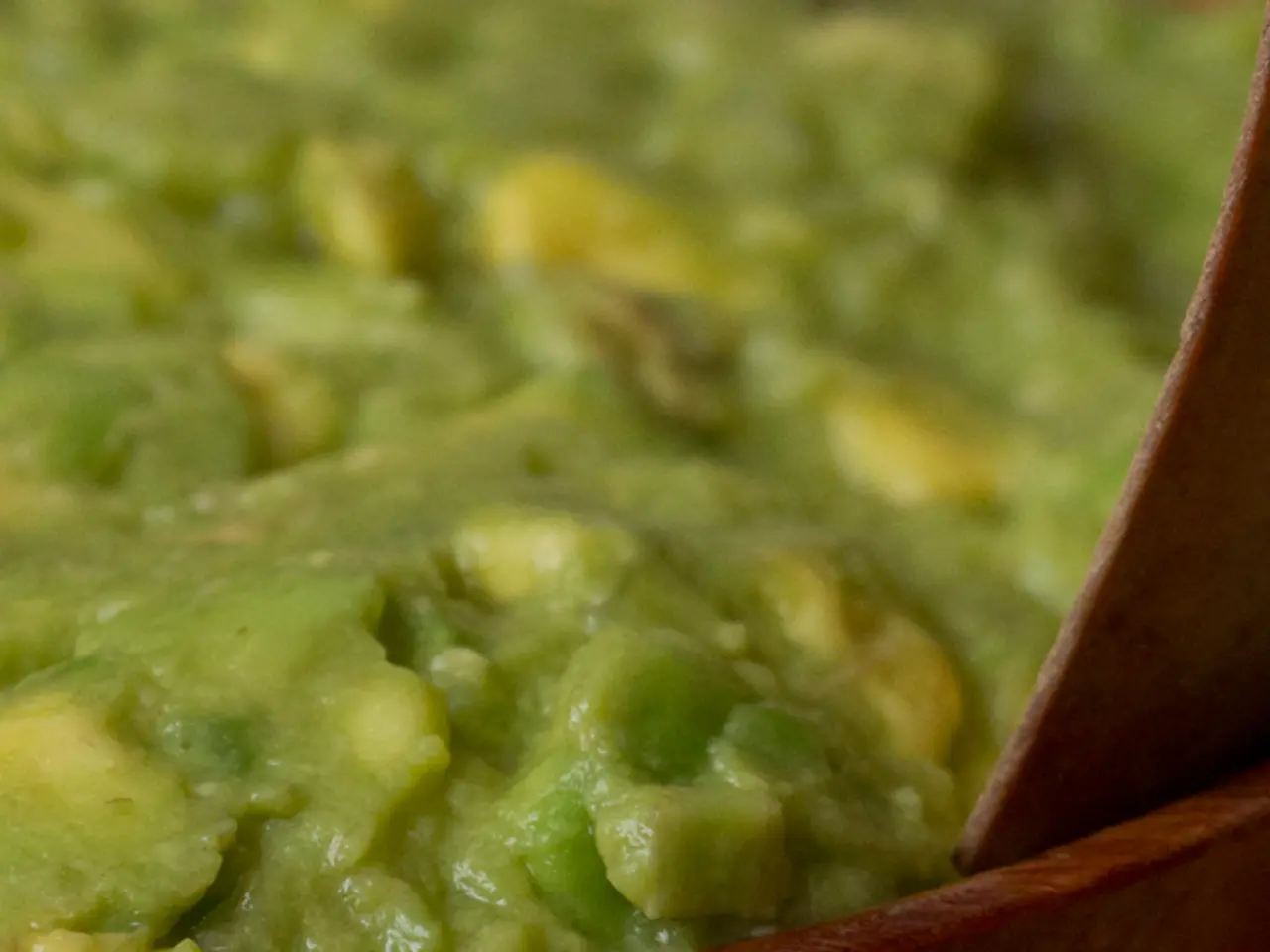Question: Is It Wise to Steer Clear of Processed or Packaged Foods?
Shelf-stable foods can be a cost-effective and convenient way to maintain a varied and balanced diet, especially during seasons when fresh produce is scarce. These foods, such as canned beans, lentils, and vegetables, offer numerous health benefits, as long as they are chosen carefully.
The Definition of Processed Foods
Processed foods are defined as those that have undergone some form of alteration from their natural state. This can range from minimal processing like freezing or drying, to more extensive modifications that change their physical or nutritional properties.
Factors Affecting the Level of Processing
The level of processing in packaged foods is influenced by several factors. These include the separation of whole foods into components, chemical processes like hydrogenation, mechanical and thermal processes, addition of additives, and the degree to which original whole foods remain recognizable.
Classification of Processed Foods
A practical framework to understand levels of processing is as follows:
- Minimally processed foods: These are foods altered slightly but essentially intact, such as frozen green beans.
- Processed culinary ingredients: These are ingredients refined or extracted from whole foods and used in cooking, like flour and pasta.
- Ready-to-consume products: These foods have added salt, sugar, or preservatives but still retain a recognizable whole food form, such as jerky with salt or simple canned soups.
- Ultra-processed foods: These are industrial formulations mostly made from extracted substances and additives with little whole food, such as chips, cookies, and sodas.
The Role of Industrial Processing and Additives
Industrial processing methods and additive use increase the level of processing, often moving foods further from their natural forms. The highest level, ultra-processed foods, are industrially made with refined ingredients and many additives, typically containing little whole food.
The Importance of Choosing Shelf-Stable Foods Wisely
When it comes to choosing shelf-stable, prepackaged foods, it's essential to opt for those with the fewest ingredients possible, and avoid those with high calories from fat or sugar and excessive overall sodium. It's also crucial to check the integrity of these foods, looking for signs of damage, smell, appearance, and texture, and discarding food that doesn't taste right.
The Future of Processed Foods Regulation
Currently, federal agencies in the US are working to establish a uniform definition of ultra-processed foods, considering factors such as ingredients, processing methods, and additive presence to improve transparency and consistency for research and policy.
The Benefits of Shelf-Stable Foods
Shelf-stable foods offer several benefits, including affordability, convenience, and the ability to consume a varied and balanced diet year-round. They are also essential for emergency planning due to their long shelf life.
In conclusion, while processed foods can offer convenience and extended shelf life, it's crucial to understand the level of processing and the impact it has on health. By choosing minimally processed options and checking the integrity of shelf-stable foods, consumers can make informed decisions to maintain a healthy diet.
- Processed foods, including some shelf-stable items like canned beans and vegetables, are foods that have undergone an alteration from their natural state, even if the change is minimal.
- The classification of processed foods includes minimally processed foods, processed culinary ingredients, ready-to-consume products, and ultra-processed foods, with the latter being the most altered and containing little whole food.
- Choosing shelf-stable foods wisely means opting for those with the fewest ingredients possible, avoiding those high in calories from fat or sugar, and checking the food's integrity before consumption.
- To maintain a healthy diet, it's important to limit the consumption of ultra-processed foods, which are industrially made with refined ingredients and many additives.
- Understanding the level of processing and its impact on health is critical when it comes to selecting foods, whether they are shelf-stable or not.
- Shelf-stable foods provide numerous benefits, such as affordability, convenience, and the ability to maintain a varied and balanced diet throughout the year, making them essential for emergency planning as well.




